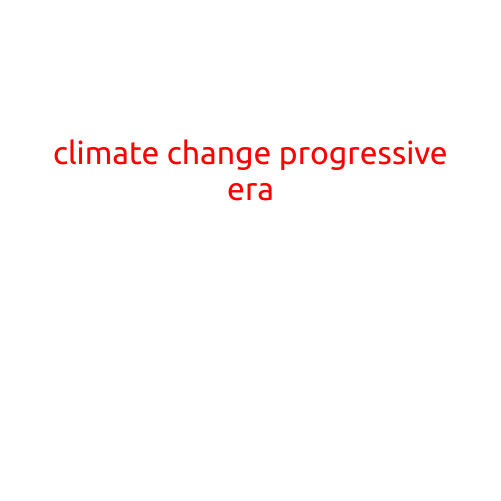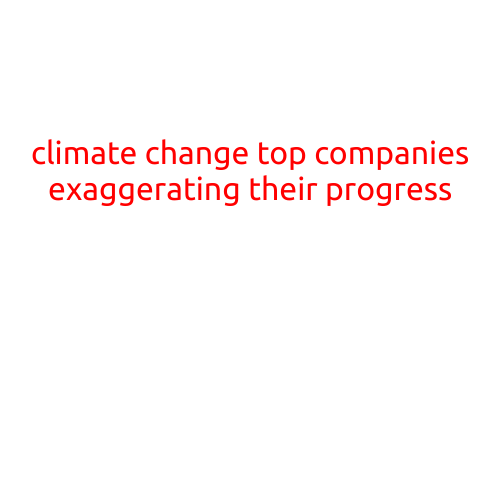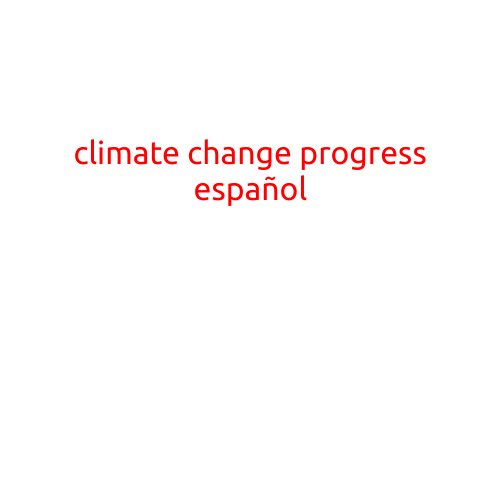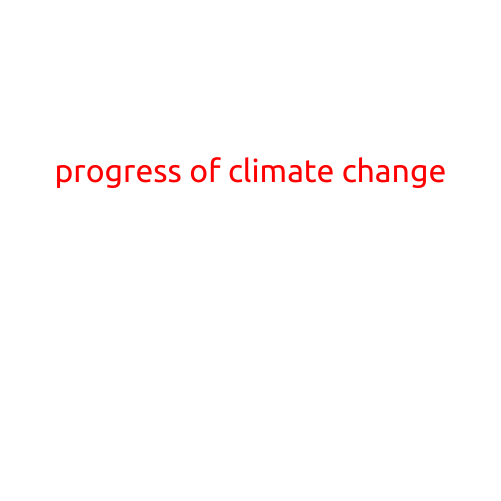
The Climate Change Progressive Era: A New Wave of Environmental Activism
The Progressive Era, which spanned from the late 19th to the early 20th century, was a period of significant social and political change in the United States. Characterized by a focus on exposing corruption, promoting social justice, and advancing liberal reforms, the Progressive Era has had a lasting impact on American history. Today, a new wave of environmental activism is emerging, driven by the urgency of climate change and the need for progressive solutions. In this article, we’ll explore the parallels between the Climate Change Progressive Era and the original Progressive Era, and examine the ways in which historical lessons can inform our response to this critical challenge.
The Original Progressive Era: A Legacy of Reform
The original Progressive Era was marked by a series of reforms aimed at addressing social and economic problems, including corruption, poverty, and inequality. Led by reformers such as Jane Addams, Ida B. Wells, and Upton Sinclair, this movement sought to revamp the political system and promote greater fairness and justice.
One of the key drivers of the Progressive Era was the muckraking movement, which exposed corruption and abuse of power through investigative journalism. Journalists like Ida Tarbell, Lincoln Steffens, and Upton Sinclair wrote exposés on topics such as corporate abuse, political corruption, and social injustice, sparking public outrage and political change.
The Climate Change Progressive Era: A New Kind of Muckraking
In the face of climate change, a new kind of muckraking is underway. Activists, scientists, and journalists are exposing the truth about the fossil fuel industry’s role in climate change, and the political and corporate interests that are undermining our ability to act. From the Exxon Knew scandal to the revelation of fossil fuel industry disinformation campaigns, the Climate Change Progressive Era is marked by a determination to uncover the facts and hold those responsible accountable.
Lessons from the Past
As we face the challenges of climate change, we can learn valuable lessons from the original Progressive Era. Here are a few key takeaways:
- Empower grassroots activism: The Progressive Era was marked by a focus on building grassroots movements and empowering marginalized communities. Today, we see the same kind of energy and activism among youth-led climate movements, such as the Global Climate Strike and Extinction Rebellion.
- Expose corporate and political interests: The muckraking movement of the Progressive Era showed that powerful interests will not change voluntarily. Today, we need to continue to expose the fossil fuel industry’s role in climate change and the political and corporate interests that are blocking meaningful action.
- Advocate for progressive policy solutions: The Progressive Era was marked by a focus on promoting progressive policies, such as workers’ rights, women’s suffrage, and political reform. Today, we need to continue to advocate for policies that address the root causes of climate change, such as a Green New Deal and climate justice initiatives.
Conclusion
The Climate Change Progressive Era is underway, and it’s time for us to learn from the lessons of the past. By empowering grassroots activism, exposing corporate and political interests, and advocating for progressive policy solutions, we can create a more just and sustainable future. As we face the overwhelming challenge of climate change, we would do well to remember the words of Jane Addams, a leading figure of the original Progressive Era: “We are called to be the peace-makers, the reconcilers, the bridge-builders.”





